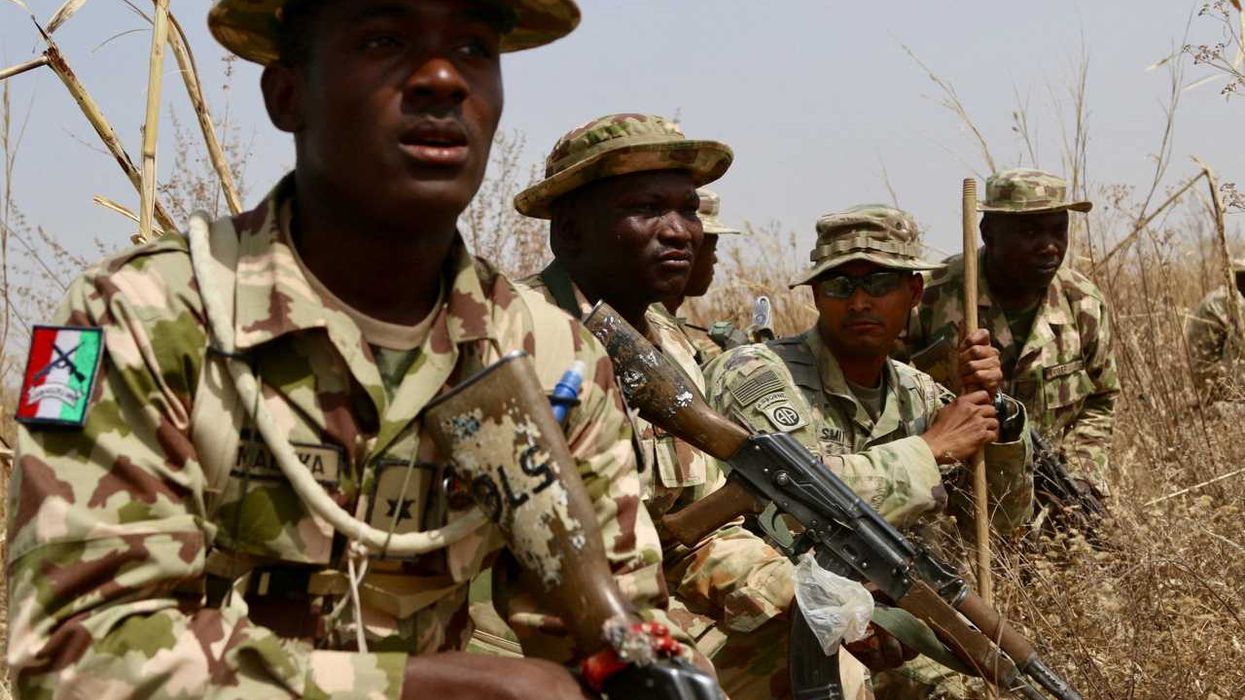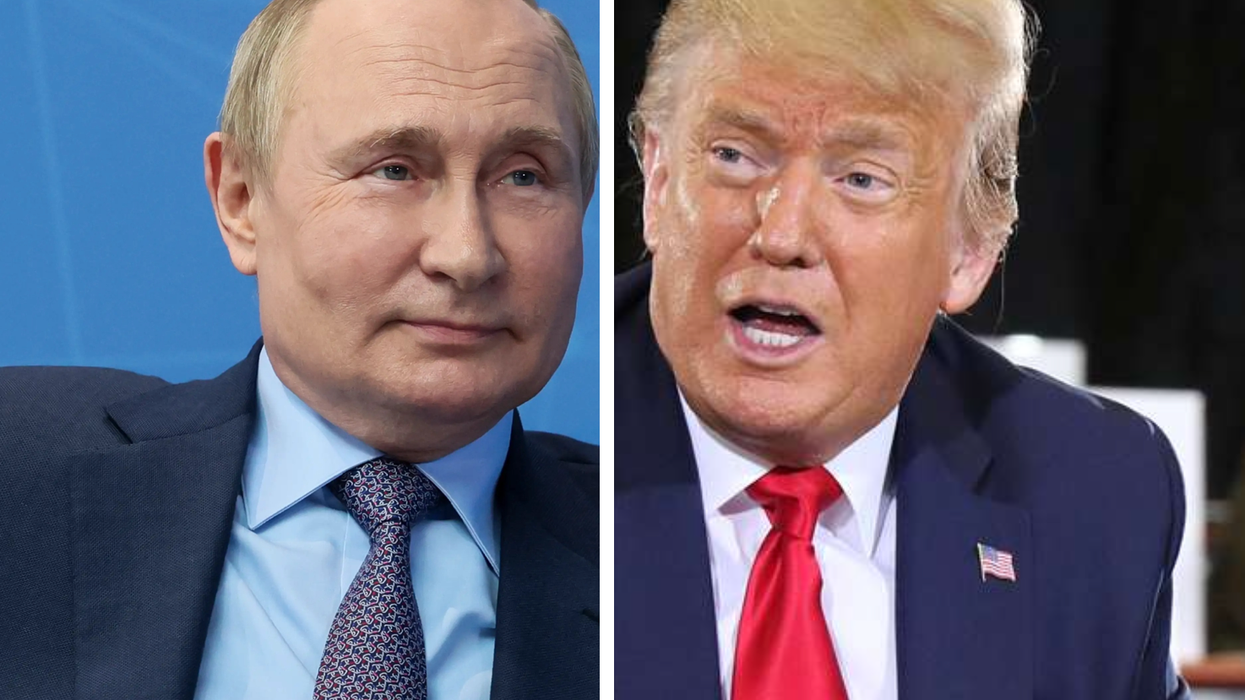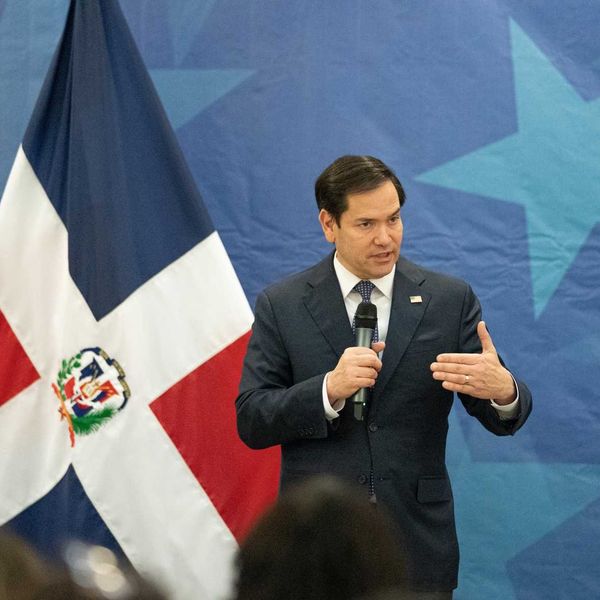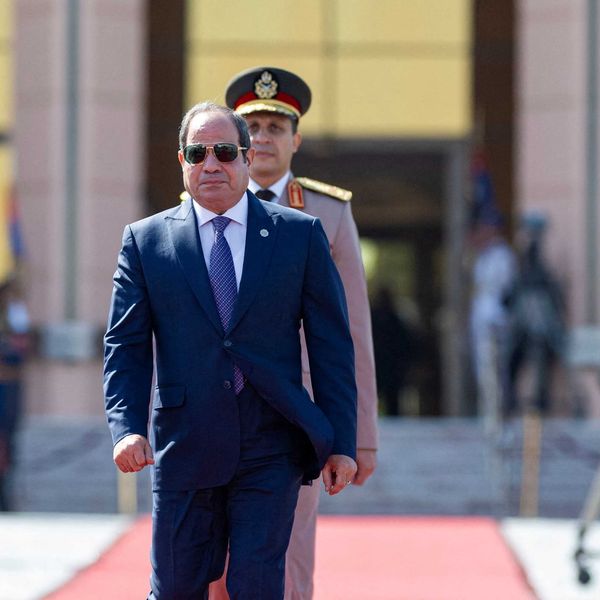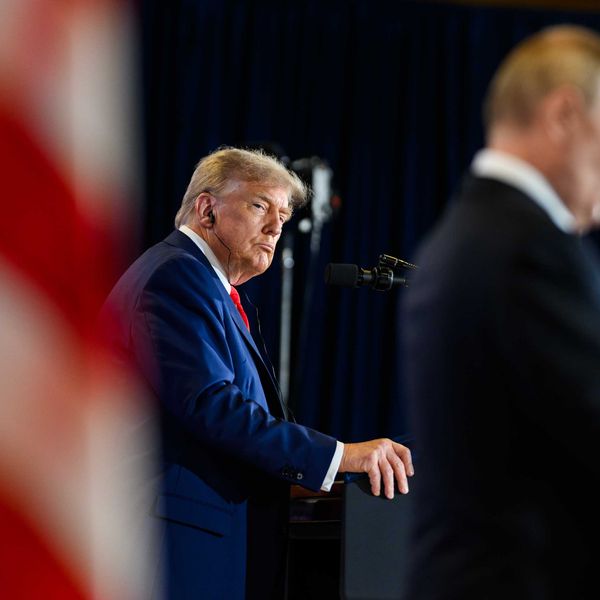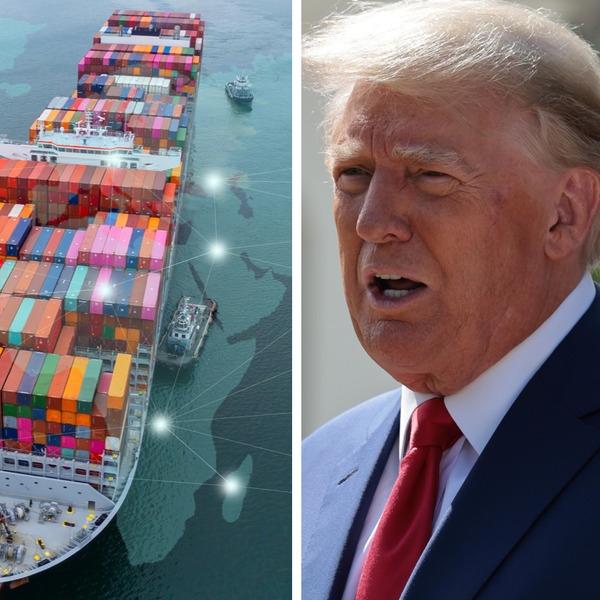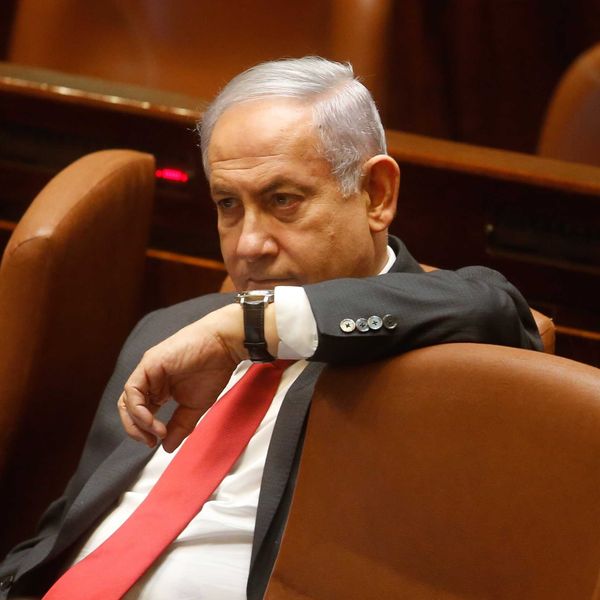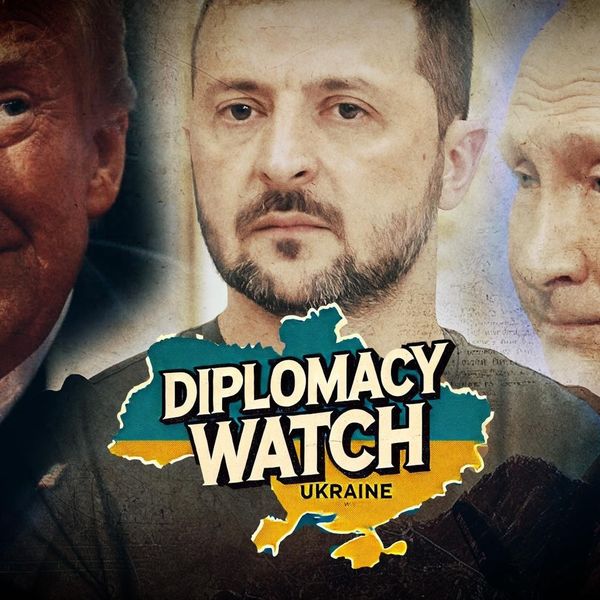With the Arctic heating up as the next potential arena for great-power competition, the United States is far behind in terms of investment in military and political capital. With the melting of the polar ice caps, the Northern Sea Route offers a quicker route for trade, and the region’s abundant natural resources that were not cost-effective to exploit are now increasingly within reach — all while opening the door to Russian and Chinese influence close to American borders.
In addition to signs of Sino-Russian cooperation in the Arctic, China has launched a new icebreaker and begun to invest heavily in natural resources in Greenland. The United States has thus far met this increased Russian and Chinese activity with a predominantly militaristic response. But rather than building up military forces, the United States should be capitalizing on existing cooperative mechanisms in the region such as the Arctic Council.
The U.S. militarization of the Arctic
While U.S. foreign policy has not historically been too focused on the Arctic, in recent months, the Trump administration has looked to play catch-up militarily to not only compete with, but also contain what it considers threats from Russia and China.
In June 2020, the Trump administration released its first policy paper on the Arctic — calling for the construction of three icebreakers and four bases there by 2029. Washington has also increased military exercises in the Arctic, reopened a base in Nuuk, Greenland, and announced a $12 million economic-aid package for Greenland, a focus area for increased Russian and Chinese commercial and military operations.
Indeed, in a speech at the Arctic Council last year, Secretary of State Mike Pompeo laid out the Trump administration’s rationale: “Do we want the Arctic Ocean to transform into a new South China Sea, fraught with militarization and competing territorial claims?”
Russia’s long-term Arctic interest
While Washington’s Arctic focus is relatively new, Russia’s interest in the Arctic is long-standing and has capitalized on American relative inertia.. With over 7,000 miles of Arctic coast (and 40 ice breakers in comparison to the U.S.’s two), Russia has seen the Arctic region as essential to its security. Russia has responded in kind to the U.S. shift. In recent years, Russia has reopened Soviet-era military posts, constructed new icebreakers, and engaged in more military exercises. Russia sees its actions as part of an overall nuclear deterrence strategy as it hosts many of its sea-based nuclear assets in Murmansk, the Barents Sea, and other Arctic waters. Moreover, 20 percent of Russia’s GDP originates in the Arctic — making the region critical to its economy. In 2020, Russia established a special commission to protect its regional interests there — specifically to analyze military-political issues as well as social-economic concerns that arise.
Moving away from militarizing the Arctic
In stark contrast to other past military flashpoints in the world, the Arctic has a historic reputation for peace, as well as existing mechanisms for dialogue. In 1987, then-Soviet President Mikhail Gorbachev gave a speech in Murmansk calling for the Arctic to be made a “zone of peace.” He called for establishing the Arctic as a nuclear-free zone, restricting military activity, and organizing formal international scientific cooperation. While the region has certainly nuclearized in many ways since, such as the deployment of the first floating nuclear reactor and a testing site for nuclear missiles, there are still abundant opportunities to cooperate rather than militarize.
The Arctic Council exists as one such cooperative mechanism for states to cooperate and work together on environmental protection and scientific research. While the Arctic Council specifically does not address military cooperation, it is that very exclusion that makes it a potential forum to build trust. From a military perspective, the Arctic Security Forces Roundtable operates to address regional security challenges. However, Russia has not participated in the Roundtable since 2014 since their exclusion by other members after Russia’s annexation of Crimea. This presents a problem as a dialogue between the United States and Russia is critical for Arctic security and foreign policy.
Looking forward, if the Roundtable does not accept Russia back and possibly invite China, a new forum should be established to bring together disparate voices on the Arctic including Russia, China, and the United States. Alternatively, the Arctic Security Forces Roundtable could be remodeled to encourage regular dialogue that does not always have to focus on military issues. In a region that possesses a quickly changing and fragile ecosystem, diplomacy is more important than ever to establish a more stable political and military environment.

